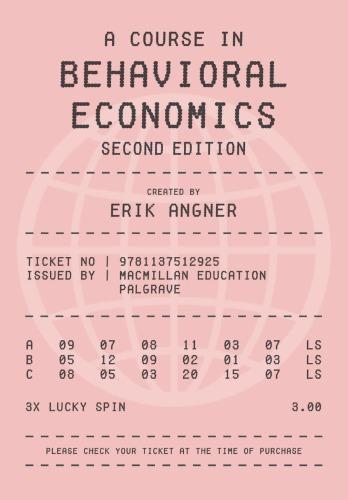Pascals wager The French seventeenth-century mathemati cian and philosopher Blaise Pascal suggested the following argument for a
Question:
Pascal’s wager The French seventeenth-century mathemati cian and philosopher Blaise Pascal suggested the following argument for a belief in God. The argument is frequently referred to as Pascal’s wager. Either God exists (G), or He does not (¬ G). We have the choice between believing (B)
or not believing (¬ B). If God does not exist, it does not matter if we believe or not: the utility would be the same. If God does exist, however, it matters a great deal: if we do believe, we will enjoy eternal bliss; if we do not believe, we will burn in hell.
(a) Represent the decision problem in table form, making up suitable utilities as you go along.
(b) Let p denote the probability that G obtains. What is the expected utility of B and ¬ B?
(c) What should you do?
Step by Step Answer:







